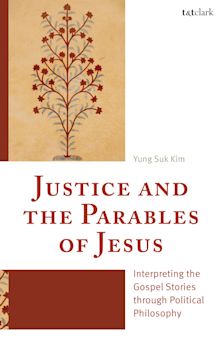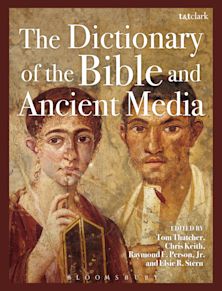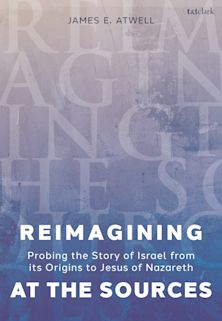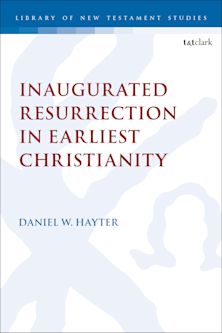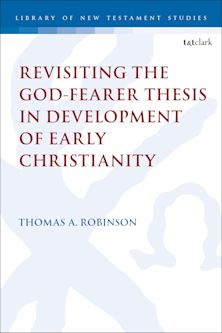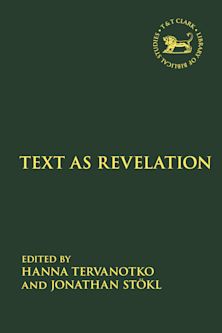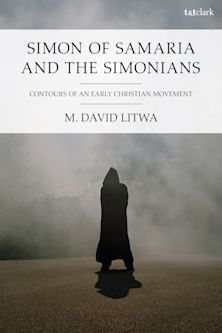- Home
- ACADEMIC
- Biblical Studies
- New Testament
- The Apocalyptic Letter to the Galatians
The Apocalyptic Letter to the Galatians
Paul and the Enochic Heritage
The Apocalyptic Letter to the Galatians
Paul and the Enochic Heritage
You must sign in to add this item to your wishlist. Please sign in or create an account
Description
One “apocalyptic” reading of Paul’s letter to the Galatians has been attempted before and is now widely accepted, but that reading is not based on a thorough engagement with Jewish apocalyptic traditions of the Second Temple period. In this book, James M. Scott argues that there is an essential continuity between Galatians and Paul’s Jewish past, and that Paul uses the apocalyptic Epistle of Enoch (1 Enoch 92–105) as a literary model for his own letter. Scott first contextualizes the Epistle of Enoch using the entire Enochic corpus and explores the extensive similarities (and some significant differences) between the Enochic tradition and early Stoicism. Then he turns to deal specifically with Paul’s letter to the Galatians, showing that, despite their obvious differences, the two apocalyptic letters have some remarkable features in common as well. This approach to the interpretation of Galatians fundamentally stands to change the way biblical scholars understand Paul’s letter and the gospel that he preached. Paul is “within Judaism,” if the net for what is included in “Judaism” is wide enough to encompass the Enochic tradition.
Table of Contents
2. A Comparison of 1 Enoch with Early Stoicism
3. Paul and the Enochic Heritage: Methodological Considerations
4. The Apocalyptic Letter to the Galatians: Form and Structure
Product details
| Published | May 18 2021 |
|---|---|
| Format | Ebook (PDF) |
| Edition | 1st |
| Extent | 430 |
| ISBN | 9781978783928 |
| Imprint | Fortress Academic |
| Illustrations | 1 tables; |
| Publisher | Bloomsbury Publishing |
About the contributors
Reviews
-
In this extraordinary monograph, James M. Scott puts both Paul’s letter to the Galatians and the Epistle of Enoch (in 1 En., most of chs. 91–105) on a new footing. Although Scott is aware that the title for the description of the latter as an “epistle” or as a “letter” could be disputed, his bold point de départ consists in an argument that it can be taken seriously as euergetic communication. While Scott’s contributions in the present study are many, a main accomplishment consists in his reconstruction of a culturally hybrid Paul, whose confident pronouncements and vision for the future can be explained on profound terms that provide a religious-cultural infrastructure and underpinning to his claim to be an apostle (Gal 1:1) who presents himself in prophetic terms (1:15).
Loren T. Stuckenbruck

ONLINE RESOURCES
Bloomsbury Collections
This book is available on Bloomsbury Collections where your library has access.

















